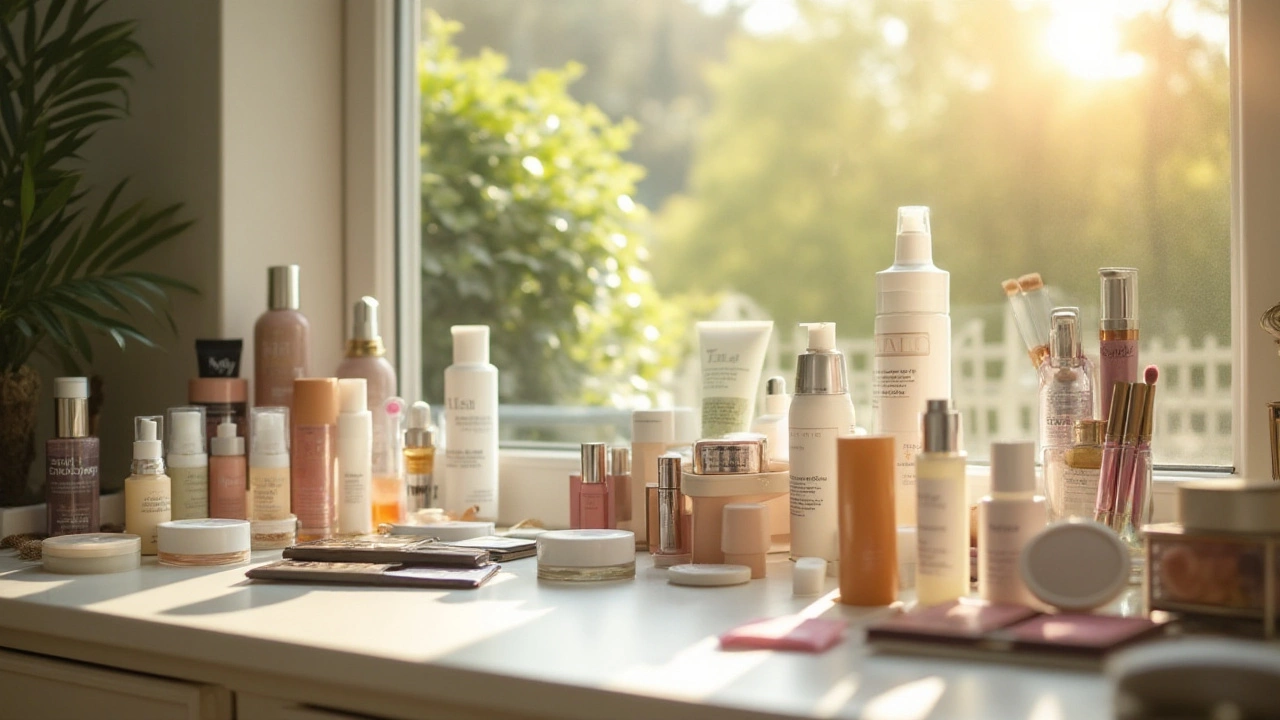Cosmetics Definition – What Exactly Counts as Cosmetics?
Ever looked at a product and wondered if it’s really a "cosmetic" or something else? The answer matters if you’re studying beauty, shopping smart, or checking regulations. Below you’ll find a plain‑language rundown of the official definition and how it applies to the stuff you use every day.
How Experts Define Cosmetics
In the UK and EU, the law says a cosmetic is any substance or mixture that you apply to your body — skin, hair, nails, lips, or teeth — to clean, protect, or change its appearance. The key words are “clean,” “protect,” and “enhance.” That means a product doesn’t need to be colorful or scented to be a cosmetic; a simple moisturizer or a hypo‑allergenic shampoo still fits.
Two points often cause confusion. First, cosmetics aren’t meant to treat disease or affect the body’s structure. If a product claims to treat acne, eczema, or hair loss, it straddles the line into medicinal territory and must meet stricter rules. Second, the definition covers both the final product you buy and the raw ingredients that go into it. Manufacturers have to list every component on the label, so you can see if anything is banned or restricted.
Everyday Items That Fit the Definition
Here’s a quick cheat‑sheet of common items that count as cosmetics:
- Foundation, lipstick, eye shadow – anything that adds colour or coverage.
- Moisturiser, sunscreen, facial cleanser – products that protect or clean skin.
- Hair shampoo, conditioner, styling gel – anything you apply to hair for appearance or health.
- Nail polish, cuticle oil – items that change how nails look.
- Tooth whitening strips – they enhance the look of teeth without treating decay.
Notice that a “mask” used for a spa treatment is still a cosmetic if it’s only for smoothing or brightening the skin. If the mask claims to cure rosacea, it would be classified as a drug instead.
Why does this matter? For students at Dollhouse Beauty Academy, knowing the exact definition helps you pick the right courses, understand label regulations, and avoid illegal claims. For shoppers, it means you can read ingredient lists with confidence and spot products that might be marketed wrongly.
Bottom line: a cosmetic is any product you put on your body to clean, protect, or make it look better. It doesn’t matter if it’s a high‑end serum or a drugstore lip balm – the definition stays the same. Keep this simple rule in mind next time you browse the shelf, and you’ll never be unsure if something counts as a cosmetic again.
Understanding Cosmetic Products: A Comprehensive Guide
Cosmetic products are an integral part of everyday life, encompassing a wide range from skincare to makeup. By understanding what classifies as a cosmetic product, consumers can make more informed choices suitable for their needs. This article delves into the different categories of cosmetics, regulations, and tips for selecting the right products.

